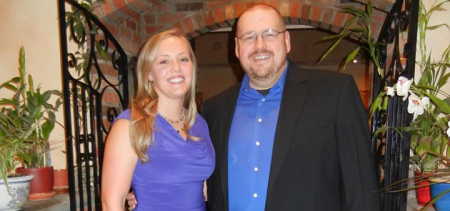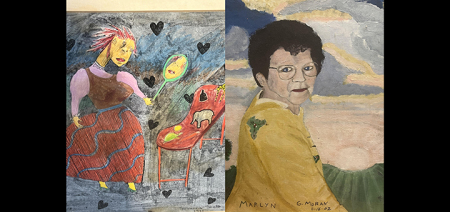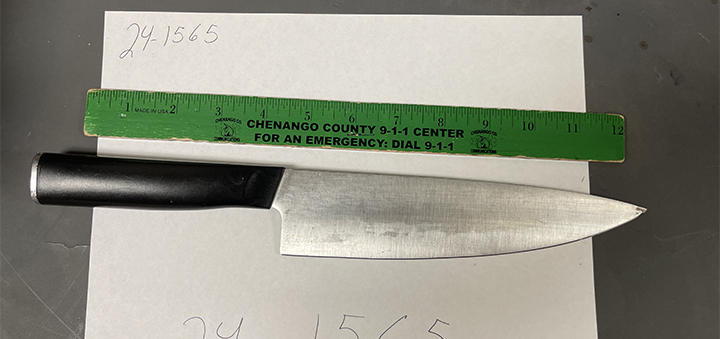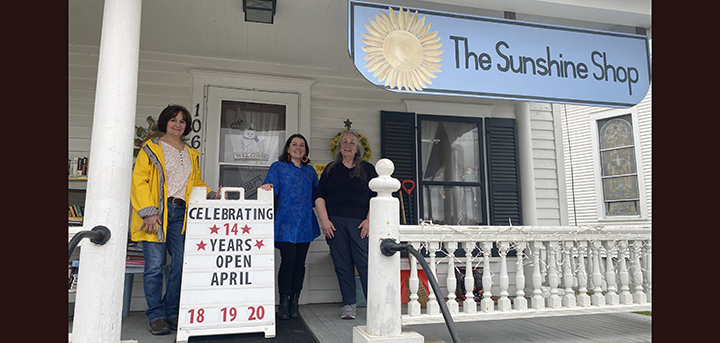Would Our Founders Be For Constitutional Protection Of Police SWAT Teams Across This Nation?
Published:
November 4th, 2014
By Nat Hentoff, NEA Columnist
Oftentimes I ask, "Is this still America?" when I read such horrifying accounts as this one from Alecia Phonesavanh, a mother in Cornelia, Georgia, whose temporary residence was invaded by a SWAT team:
"It's been over five months since the night a SWAT team broke into the house in which we were staying ... We were staying with relatives and my whole family was sleeping in one room. My husband and I, our three daughters and our baby (nicknamed 'Baby Bou Bou') in his crib.
"Dressed like soldiers, they broke down the door. The SWAT officers tossed a flashbang grenade into the room. It landed in Baby Bou Bou's crib, blowing a hole in his face and chest that took months to heal and covering his entire body with scars" ("'It breaks my heart': How a SWAT team upended my baby's life -- and got away with it," Phonesavanh, salon.com, Oct. 10).
But the Cato Institute's Tim Lynch, a penetrating expert on civil liberties, assures us that finding a SWAT team in a place as relatively small as Georgia's Habersham County is not an anomaly: "An alarming number of civilian police departments have created paramilitary units, or SWAT teams. They can (also) be found in small town departments these days -- even places where there is little violent crime" (Cato's Letter, Fall 2014, Vol. 12, No. 4).
Phonesavanh agonizes over the future: "Doctors tell us that my son will have to have double reconstructive surgeries twice a year, every year, for the next 20 years."
Constitutional lawyer John Whitehead, founder of civil liberties watchdog The Rutherford Institute, argues on this mother's behalf: "Even though the SWAT team was wrong about the person they were after, even though they failed to find any drugs in the home they raided, and even though they may have regretted the fact that Baby Bou Bou got hurt, it will still be the Phonesavanh family who will pay and pay and pay for the endless surgeries every year to reconstruct their son's face as he grows from toddler to boy to teenager to man.
"Already they have racked up more than $900,000 in medical bills. Incredibly, government officials refused to cover the family's medical expenses" ("Shielded From Justice: The High Cost of Living in a Police State," Whitehead, rutherford.org, Oct. 14).
Not all families brutalized by SWAT teams are left to pay the monetary expenses, but, as Whitehead reminds us, there can never be any amount of reparation sufficient to make up for the lives lost or shattered.
Moreover, "for those who do get 'paid back,' at least in monetary terms for their heartache and loss, it's the taxpayers who are footing the bill to the tune of millions of dollars. Incredibly, these cases hardly impact the police department's budget."
Whitehead cites journalist Aviva Shen, who explains in a column for ThinkProgress.org how police departments protect their officers: "Individual officers are rarely held accountable for their abuses, either by the police department or in court ...
"Because cities insulate police officers and departments from the financial consequences of their actions, police on the street have little incentive to avoid unnecessary force, and their departments may not feel the need to crack down on repeat offenders. And so the bill for taxpayers keeps growing" ("Why Taxpayers Will Get Stuck With the Bill for the Ferguson Lawsuit," Shen, thinkprogress.org, Aug. 31).
Whitehead then refers to a New York University Law Review study by professor Joanna C. Schwartz that found nearly all "of the monies paid in settlements and judgments in police misconduct cases never come out of the officers' own pockets, even when state laws require them to be held liable."
Whitehead further cites a case from the NYU study "in which three Denver police officers chased and then beat a 16-year-old boy, stomping 'on the boy's back while using a fence for leverage, breaking his ribs and causing him to suffer kidney damage and a lacerated liver.' The cost to Denver taxpayers to settle the lawsuit: $855,000. The amount the officers contributed: 0."
Whitehead brings us to Atlanta, not far from where Baby Bou Bou was nearly killed by police: "Kathryn Johnston, 92 years old, was shot and killed during a SWAT team raid that went awry. Attempting to cover their backs, the officers falsely claimed Johnston's home was the site of a cocaine sale and went so far as to plant marijuana in the house to support their claim. The cost to Atlanta taxpayers to settle the lawsuit: $4.9 million. The amount the officers contributed: 0."
Whitehead goes on to cite a Human Rights Watch report on police brutality: "The excessive use of force by police officers ... persists because overwhelming barriers to accountability makes it possible for officers who commit human rights violations to escape due punishment and often to repeat their offenses ...
"Officers with long records of abuse, policies that are overly vague, training that is substandard, and screening that is inadequate all create opportunities for abuse. Perhaps most important, and consistently lacking, is a system of oversight in which supervisors hold their charges accountable for mistreatment and are themselves reviewed and evaluated, in part, by how they deal with subordinate officers who commit human rights violations.
"Those who claim that each high-profile case of abuse by a 'rogue' officer is an aberration are missing the point: problem officers frequently persist because the accountability systems are so seriously flawed" ("Shielded From Justice: Police Brutality and Accountability in the United States," Human Rights Watch, hrw.org).
As a taxpayer, or, more to the point, as a human being, do you feel an urge to do something to ultimately ban the barbarous police treatment of other citizens and human beings across the land?
Whitehead references his recent book, "A Government of Wolves: The Emerging American Police State," when he offers an obvious solution: "If any hope for accountability is to be realized, it must begin, as always, at the local level, with local police departments and governing bodies, where the average citizen can still, with sufficient reinforcements, make his voice heard."
That means you and I must work to prevent future police assaults on more Baby Bou Bous. Let us keep after our mayors, city councils and police commissioners. Remind them to make officers liable for their actions, just as Human Rights Watch admonished.
And we can get after our papers to cover this in their local news sections, just as we can ask our teachers to discuss this in their classrooms with their students. They can help wake us all up.
I keep repeating: Is this still America?
And if not, who on earth are we?
Comments






